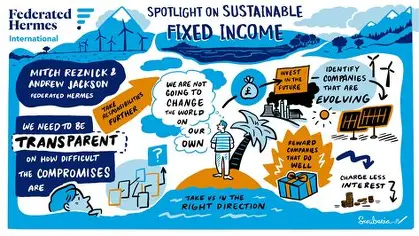The Illusion of Static Numbers
While a bank statement showing seven figures may seem impressive, to those skilled at maintaining their wealth, it is simply a moment in time—temporary and often deceiving. Picture a luxurious yacht caught in a storm: its current location is far less important than its capacity to generate energy, withstand rough waters, and arrive at new destinations . Wealthy individuals know that account figures can be vulnerable to market fluctuations, tax needs, and illiquid assets that can lose value when sold under pressure. A portfolio worth $10 million can vanish quickly during a market downturn, but a steady income of $500,000 each month? That has the power to rebuild fortunes.

The Alchemy of Reinvestment
Wealthy people see cash flow as something active and dynamic, rather than just a pile of money sitting idle. Take, for example, a tech entrepreneur who puts the rental money from commercial buildings back into new startups, or an heir who invests dividends in undervalued artwork—these assets not only grow in value but also create their own cash flow. Over time, small monthly contributions can grow into substantial wealth through this process of development. In contrast, a fixed sum of money quietly loses value: inflation erodes its worth, and missed opportunities add up. As a result, that seemingly “safe” $5 million can buy you only half as much as it did ten years ago. Cash flow represents more than just incoming money; it serves as a powerful way to stay ahead of time itself.
Navigating the Invisible Icebergs
Economic downturns reveal the real order of financial power. In 2008, numerous millionaires saw their stock investments plummet, yet those who had consistent income from sources like oil royalties, utility firms, or long-term leases kept their way of life and took advantage of low-priced distressed assets. What sets them apart? Steady cash flow acts like a fast rescue boat, while having a large sum of money is merely like a flimsy raft. Wealthy individuals also understand that being cash-poor can be dangerous. Owning a $20 million real estate portfolio is worthless if you can't access cash to act quickly on a great opportunity or pay an unexpected tax bill. Cash flow addresses this issue effectively: it is both accessible and productive.

The Psychology of Abundance
Wealthy people focus on freedom rather than just numbers. A strong cash flow system removes worries about depleting savings. It enables donations, buying luxury items, and planning for future generations without anxiety. Imagine it as a stream that always flows instead of a bucket that needs constant filling. This change in perspective alters how financial choices are made: rather than thinking, “Can I pay for this?” the thought shifts to, “Will this create more cash flow?” This is why billionaires like Warren Buffett favor dividend stocks instead of trendy tech IPOs—reliability is more valuable than fluctuations over time.

Ultimately, balances in accounts are outdated; cash flow represents what lies ahead. Those who grasp this concept do not just build wealth—they create systems that maintain, expand, and shield it from market turmoil. It’s not just the total amount of money that matters. What really counts is how well that money performs on its own, even when you’re not directly involved in managing it.

Short-Term vs. Long-Term Financial Planning: Balancing Immediate and Future Goals

The Impact of AI on Investment Strategies

Consumerism Trap: Why More Spending = Less Wealth?

Fixed-Income Investing: Low-Risk, High-Reward

Living the "Insta-Life": Individual's Guidelines to Manage the Cost of Social Media Aspira

Future Trends of Digital Wallets & Mobile Pay

Uncertainty Playbook: Gold, Bitcoin, Dollar
